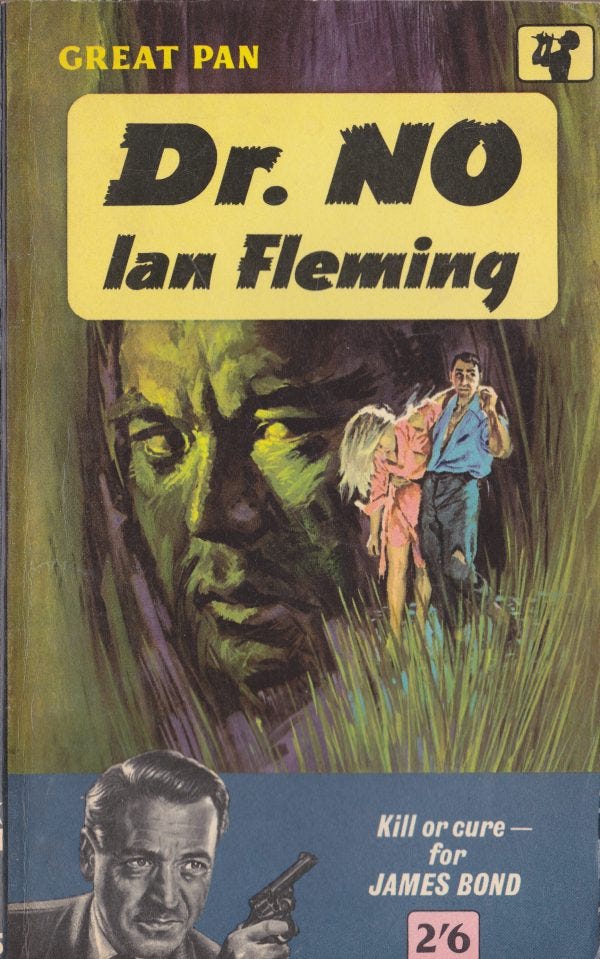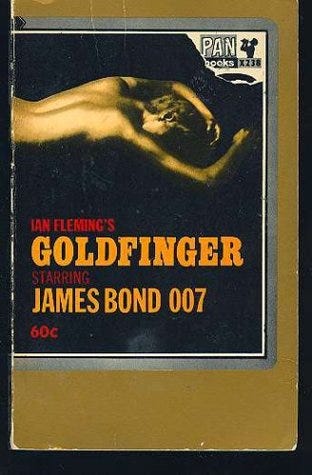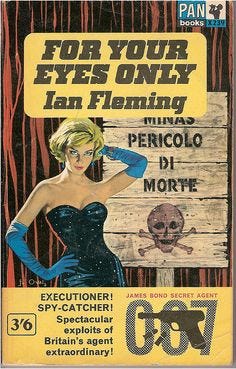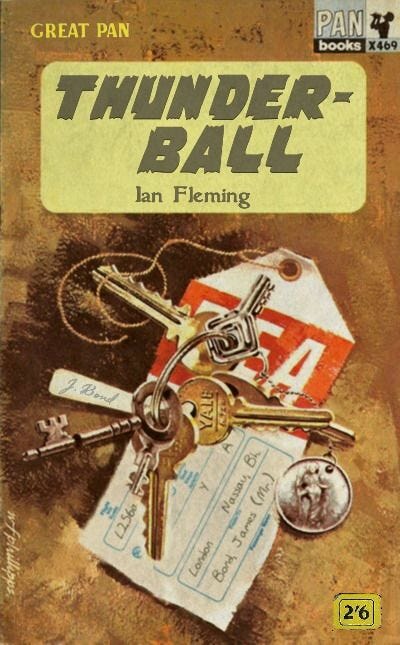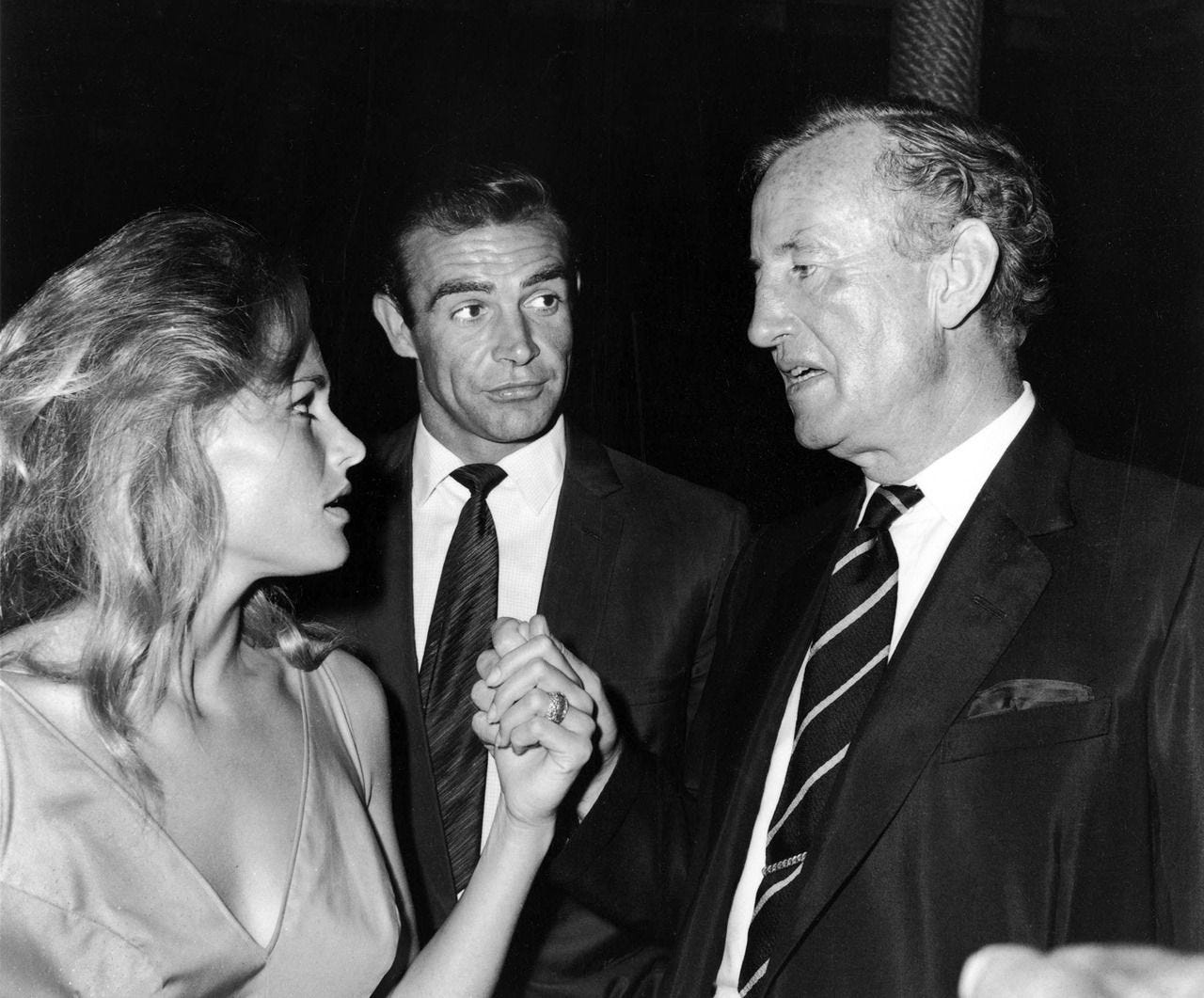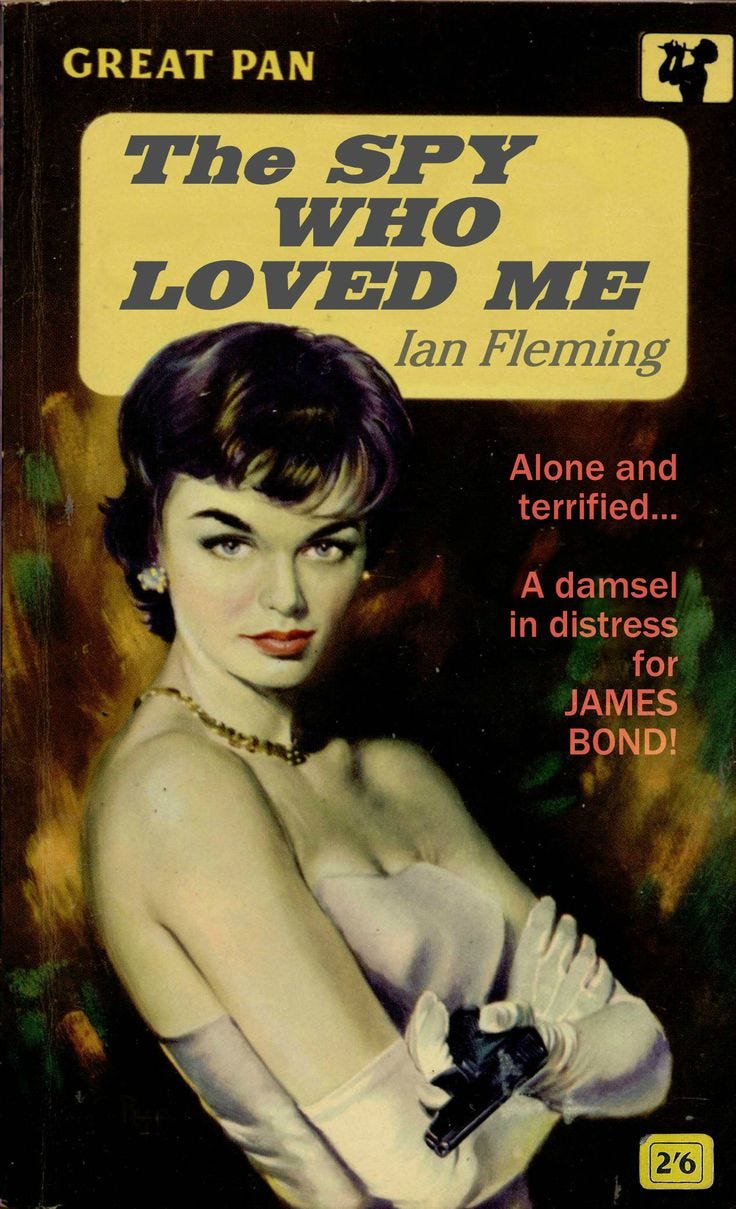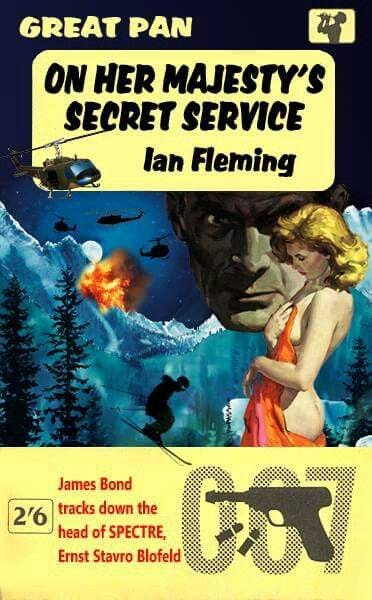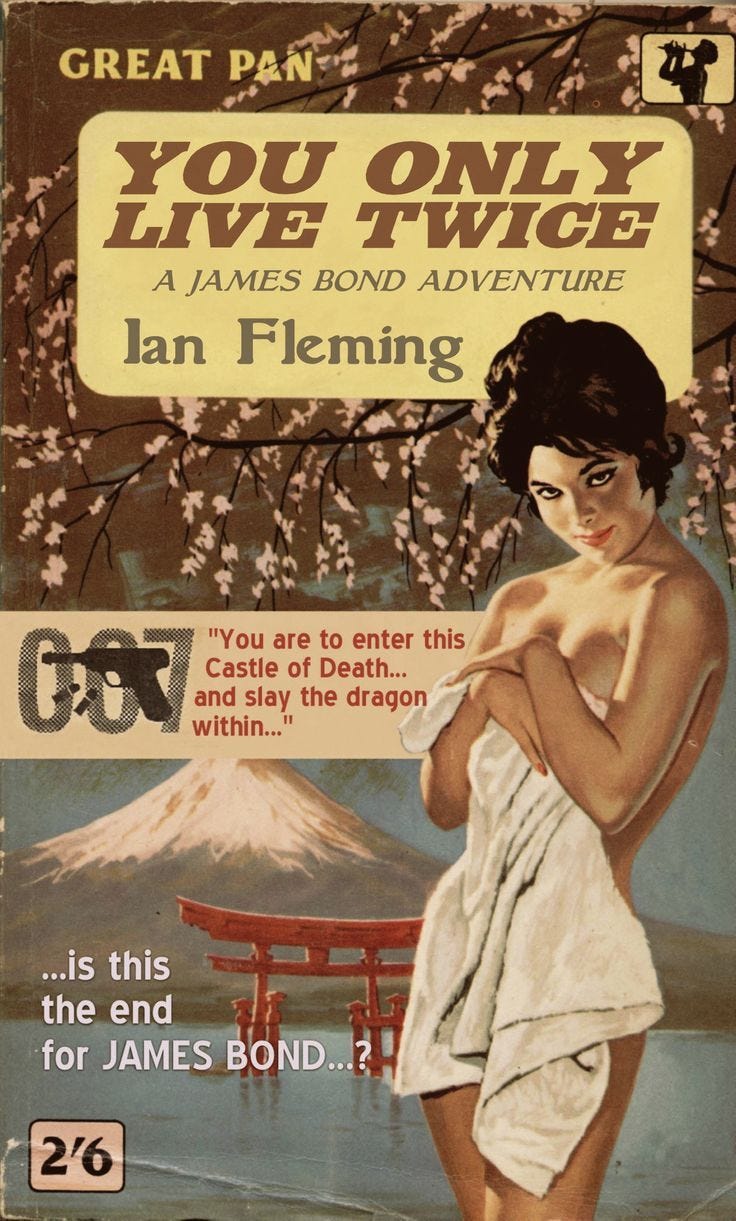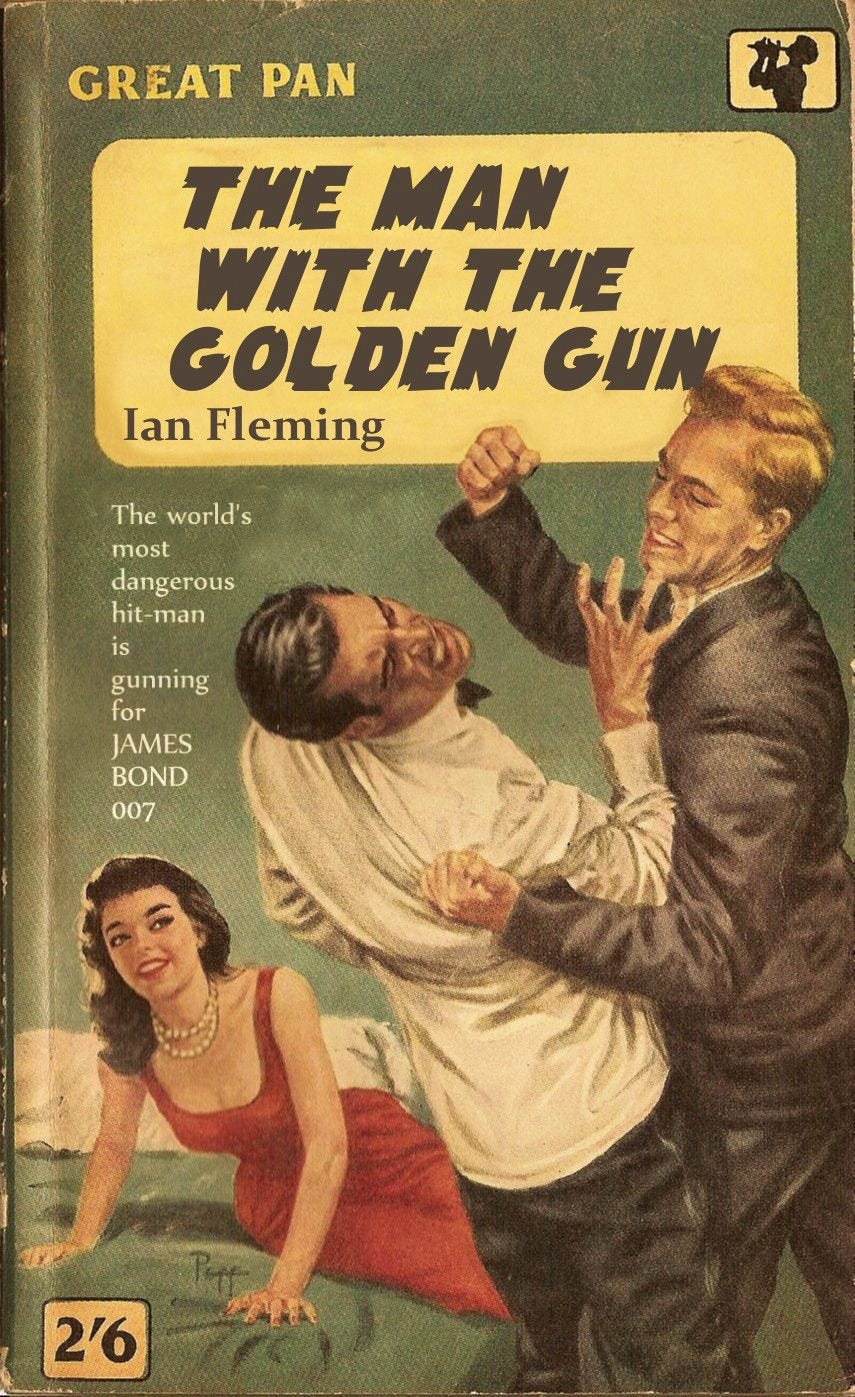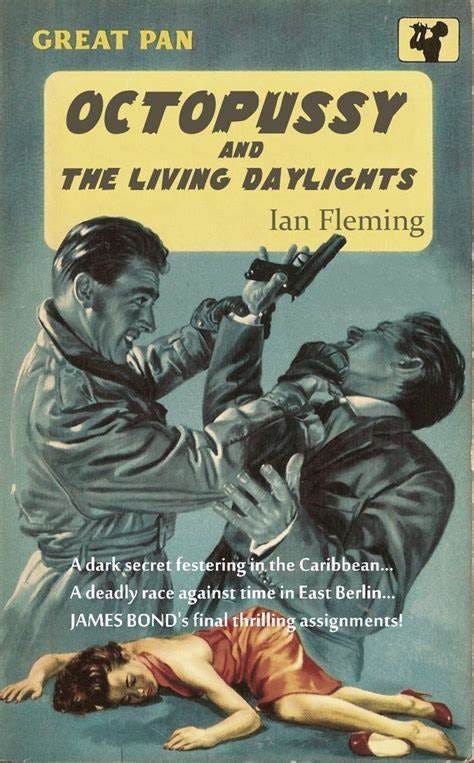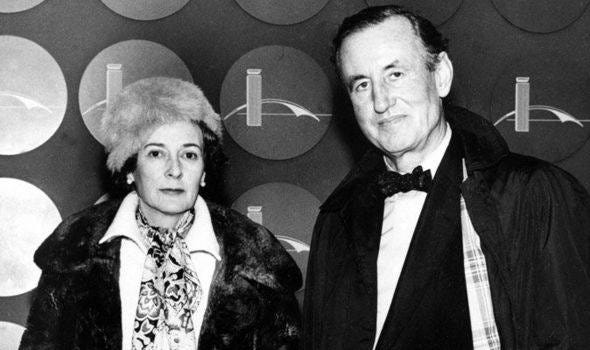Ian Fleming: His Real Life As A Spy Part 3: Books to movies!
Fleming was bored with James Bond and wanted to quit- but the audience wouldn't let him.
Although Ian Fleming revelled in this success, he was somewhat tired of the Bond character. However, his faithful British readership were clamouring for the next story, and a trip to the Caribbean island of Inagua gave Fleming enough material to fashion another Bond story. This sixth novel was Dr. No (1958).
It was in Dr No that Bond exchanges his Beretta pistol for a Walther PPK, apparently because the Beretta was thought to be too much of a lady's weapon. Felix Leiter returns as a CIA officer but is given a much a bigger role.
This too mirrored Flemings wartime experiences. As a Royal Navy Intelligence officer Fleming had regular contacts with the O.S.S., in particularly with a certain Ernest Cuneo. Cuneo was the liaison between the US and British secrets services for a long period during the WWII. In the novels Fleming and Cuneo respectively become Bond and Felix Leiter.
Dr. No enjoyed considerable success and Fleming set about writing new stories. Goldfinger was written in just two months and was published as the seventh Bond story in 1959.
Fleming then embarked on an extremely lucrative period of writing, with a collection of stories entitled For your eyes only , which was published in 1960. The stories describe five top secret occurrences in 007's career namely, From a View to a Kill, For Your Eyes Only, Risico, Quantum of Solace and The Hildebrand Rarity . Following the success of From Russia with Love and Dr No , Fleming again tried to make a deal with film producers. In 1959 a projected 32 part series entitled Commander Bond for CBS came to nothing. Even so after For Your Eyes Only interest in filming the Bond novels revived. The first to show interest was the producer Kevin McClory and the script writer Jack Whittingham. Together with Fleming they started work on Longitude 78 West, with James Bond as the central character. However, the collaboration was less successful than hoped and Fleming, acting on the advice of his doctors, withdrew to the sunny climate of Jamaica.
It is here that he wrote Thunderball in 1961. However the publication of Thunderball resulted in a long drawn-out court case, because McClory and Whittingham considered that Fleming had used material that was originally developed for Longitude.
Despite the legal problems, Thunderball went on to break all records for Bond novel sales. In the end the copyright to Thunderball was awarded to Ian Fleming.
In 1961 the American producers Albert Broccoli and Harry Saltzman both separately went to talk with Fleming. Eventually the two producers joined forces under the name "EON Productions" to buy all the film rights to Fleming's existing James Bond books with the exception of Thunderball which was still the subject of legal dispute and Casino Royale , the rights to which were in the hands of Charles Feldman. At the time the rights to Moonraker were also the subject of dispute, but Broccoli and Saltzman managed to get hold of them later on. The agreement between Fleming and the two US producers was that all the movie rights to all the existing works, with the exception of the three mentioned above, would go to "EON productions". Furthermore the contract provided that the rights to all future James Bond books would also go to EON.
In 1962 the cinema version of Dr No turned out to be a dazzling success, although the tone of the film was rather different from that of the book. Fleming's books had not been troubled by an excess of humour, whereas the Bond films allowed for a considerable degree of ironic joking.
Fleming had a prolonged argument with Broccolli and Saltzman about who should play "007". Fleming wanted David Niven in the role and was not at all happy with Sean Connery and his pronounced Scottish accent. Even so Fleming changed his mind when he saw his compatriot in the finished film and in his later books would go to the effort of giving Bond a Scottish background.
The tenth book in the Bond series, The Spy Who Loved Me came out in 1962. The shortest of the Bond novels, the book ran into publishing difficulties in several countries because of what were regarded as sexually explicit passages in the opening chapters.
It was agreed with EON Productions that should the story go to film only the title had to be retained.
Following the negative criticism of his tenth Bond, Fleming withdrew to Jamaica to concentrate on writing. The result was two widely praised works, On Her Majesty's Secret Service (1963) and You Only Live Twice (1964).Together with Thunderball , these books make up the Blofeld trilogy.
It was in On Her Majesty's Secret Service that Fleming introduced James Bond's family motto of Orbis non sufficit of which the English version is The world is not enough.
Back in 1943 Fleming had made a visit on behalf of Royal Naval Intelligence to a commando training camp in the Canadian town of Oshawa (Ontario). You Only Live Twice makes ample use of his memories of this trip.
Fleming's thirteenth book was written in 1964. This was The Man with the Golden Gun . Unfortunately he died before the proofreading stage and the story was published posthumously in 1965.
A final collection was published in 1966 under the name Octopussy , and consisted of three stories:
– Octopussy : a short story from the early sixties,
– The Living Daylights : a story that had already been published in The Sunday Times in 1992 and
– The Property of a Lady , a story written at the request of the London auction house, Sotheby's
Coming in the final part 4: Bond’s sex life was PG. Fleming’s was X rated!
Behind the paywall: George Lazenby was in only one James Bond film, but it is arguably one of the best ON HER MAJESTY’S SECRET SERVICE. Lazenby appeared in a room full of real spies at The International Spy Museum and talked all about the making of the film and the shenanigans going on set and off. Absolutely nothing is held back!
Keep reading with a 7-day free trial
Subscribe to Hidden Cold War History to keep reading this post and get 7 days of free access to the full post archives.



